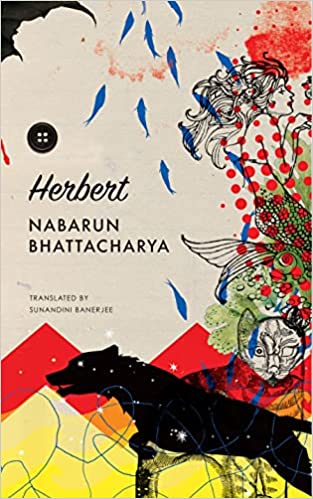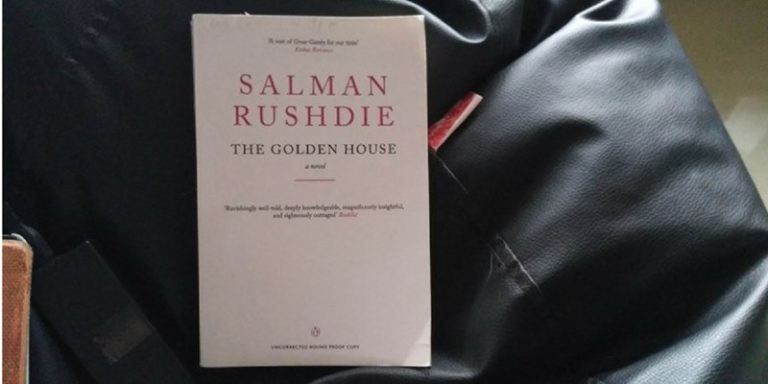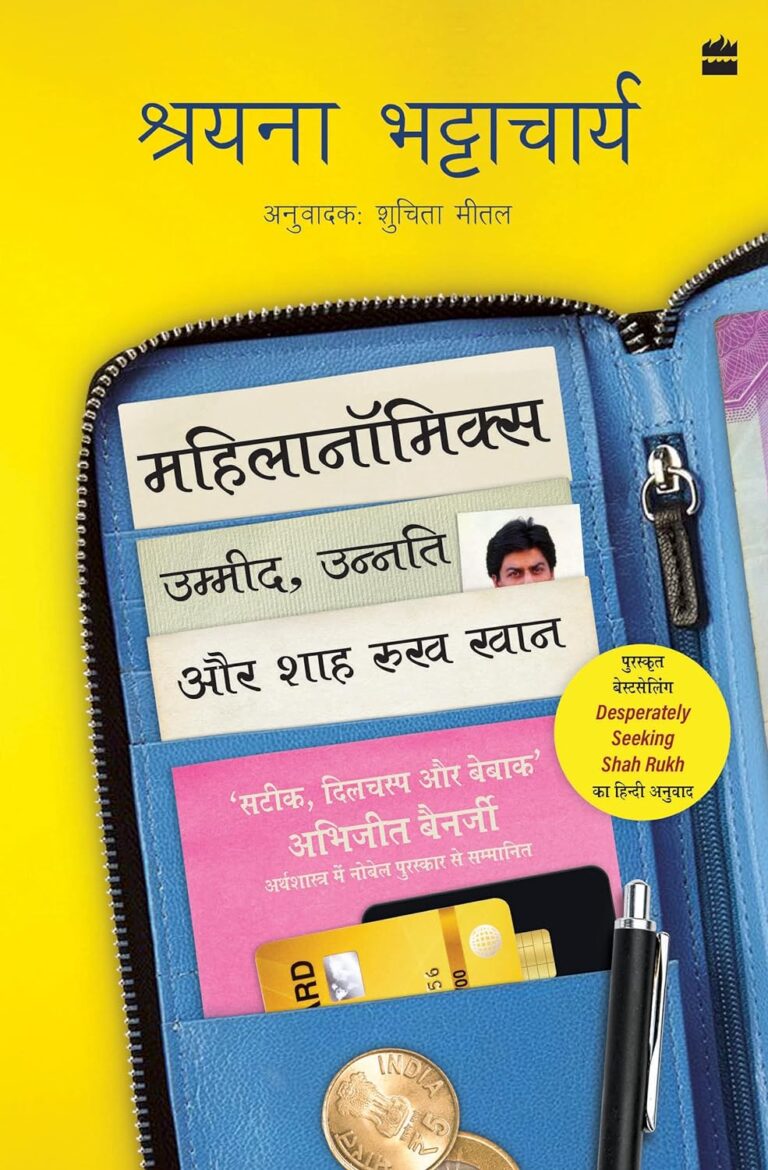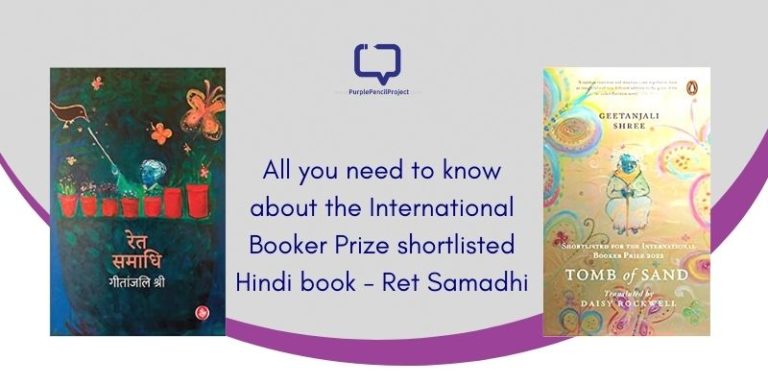Translated by Sunandini Banerjee
In 1993, Nabarun Bhattacharya published his magnum opus, Herbert (or Harbart), translated into English by Sunandini Banerjee in 2017 (this is the third translation of the novel). What Sunandini Banerjee brings before us is a translation that is deemed unparalleled pertaining to the other two translations that have happened thus far. It stands as an exemplar of her invigorating fervor fused with absolute finesse and sheer l’ éclat.
Herbert delves into the life and times of the eponymous protagonist, Herbert Sarkar. Residing in a South Calcutta neighbourhood, Herbert grows up as an orphan despite belonging to a rich “babu” family of 90s Calcutta, punctuated by a Communist regime in the state of West Bengal.
Paving the way for the panorama of broken images, rejection looms large in his life, as he loses everything he holds dear — love, his friend Robi, nephew Binu, the notion of communism, the edifice of the USSR. He then decides to isolate himself from everything and finds solace in necromancy and the occult. Like a willow, he is perched on the deserted highway, standing amidst all the storms and the ignominious impediments.
The oneness and the void
Gliding past the changes, of the violent history relating to colonialism, the Communist and Naxalite movements, and eventually the uprisings of the utilitarian ethos of the market. Herbert, the protagonist, faces trouble in submitting himself to the complex intricacies of the real world that formulates a labyrinth throwing him at a chaotic centre.
As soon as he stumbles upon the occult and the submissive disarray of thoughts, he fishes out the idea of communicating with the dead. As he propounds his humbug business, “Conversations with the Dead. Prop: Harbart Sarkar,” he gains popularity, which furthermore draws forth the attention of the media.
The very idea of connecting with the dead came after the end of his nephew Binu, who was part of the Naxalite Movement of the 70s. His life has been filled with people whom he holds dear, and cannot stand to lose.
The part that is bound to make the tears flow down your cheeks, is when Herbert holds Binu’s hand and mutters few lines by Barasat martyr Samir Mitra:
I can see Before my eyes,
this forever-familiar world
Changing, changing . . .
Ravaged, ruined, and ransacked,
dust to dust
The old days fall. A storm is coming.
The edifice of the USSR for Herbert was beginning to crumble, but he did not lose hope. This reminds me of a film released in 2003 that goes by the name of Anbe Sivam. There is a scene when a character called Arasu says:
“Soviet Union has broken into pieces. No Soviet Union means no communism”. To this another character Nallasivam retorts- “If the Taj Mahal crumbles, will you all stop loving?” Arasu replies – “No, because love is a feeling”. Nalla hits back -“Communism is a feeling too”.
Binu’s death drove him to an itinerary that made him come up as a responsible cadre belonging to the dead. Herein lies the notion of subaltern perspective, their voices are disguised in the face of celebratory fervor and dissipate into nothingness.
However, Herbert being a voiceless individual, decides to take a stand for the voiceless dead people. It is very interesting to look at the contours of Bhattacharya’s Herbert and intervention into hierarchy with a pinch of occultism.
Herbert does not celebrate the avant garde as a fashionable content. But what Albert Camus had rightly put,
Human beings tend to find order, meaning and reason in this universe. But they end up finding meaningless chaos.
– The Myth of Sisyphus
However, the quest for the existential appears to be absurd right? But what if the state and its orderliness are absurd instead? What if it stands nothing more than a farce?
If you’re expecting that a reasonable and rational candidate will embark on the revolutionary path to uproot the system, then oh boy you’re gonna be dissapointed, as you realize that Bhattacharya shows us a hapless warrior in Herbert Sarkar, standing at the threshold of East (embedded with necromancy, leftist ideals, being an outcast) and West (oozing of the utilitarianism, Hollywood, liquor).
The Politics of Aesthetics in Herbert
Bhattacharya has said in an interview:
“It has become stagnant. Every single thing has become stagnant. All those guys out there make safe films, safe plays; not one bold failure.”
He was clear about his notion that what a writer needs to undo this culpability of playing safe and this is nothing but a defiance of what can otherwise be a new dissensual politics of aesthetics , and in Herbert. Bhattacharya encounters such a promise of dissent.
In his The Politics of Aesthetics, Rancière argued that we need to rethink aesthetics as ‘the invention of new forms of life‘.
Art as politics is thus a manifestation of what Rancière calls dissensus, or a gap in the sensible itself. Exemplifying the notion of such aesthetic politics or the spirit of dissensual sensorium, Bhattacharya, in Herbert, actually cudgels the vessels of control and the philosophies of abuse through a severe utilization of semantic attacks and condemnations against the bourgeoisie.
Herbert won multiple awards, including the highest literary recognition in India, “Sahitya Akademi Award” in 1997 and was made into a feature film by Suman Mukhopadhyay in 2005 which also secured a National Award.
What the critics have said…
There have been critics who have lashed out on Bhattacharya’s work for being crude in its treatment of language.
For Bhattacharya, language is a tool that is designed for the individuals to choose sides. He therefore chose to side with hapless Herberts’, paving the way for Bakhtin’s carnivalesque (A theory developed by Mikhail Bakhtin that is an event in which all rules, inhibitions, restrictions and regulations which determine the course of everyday life are suspended, and especially all form of hierarchy in society.) protest, pertaining to the struggle in the face of ideological state apparatus.
As Bhattacharya rightly points out towards the end of the Herbert,
Bisforon kobe, kothay o kibhabe ghotbe ta rashtrojontrer ekhono jante baki ache.
…. how an explosion will occur, and who will cause that explosion—of all such knowledge the state machinery remains woefully ignorant still.
This explosion is nothing short of an orgasmic dream that provides a foundational framework for him – almost akin to the refuge he seeks from the grotesque reality involving the stock market ruling the world.
Conclusion
Herbert sheds light into the common life on an individual who goes dying endlessly in an unnoticed loop. Confronting the death in a chaotic manner ruptures the pattern leading to chaos. As much as it might sound politically alien; it is not the absurdity of the liveability of the individual but the absurdity of the state controlled power.
It will leave you in a state where you will feel numb, where you will cry like a helpless dying person in silence, where you will learn to embrace the myriad that silence brings to your life. Herbert is definitely must-read for all the readers.
























One Response
A brilliant review and with references to Anbe Sivam movie (still remember the dialogue shared here) and Camus, esp the author’s lines in the section – the politics of aesthetics in Herbert , such a wholesome one. Loved reading this post !